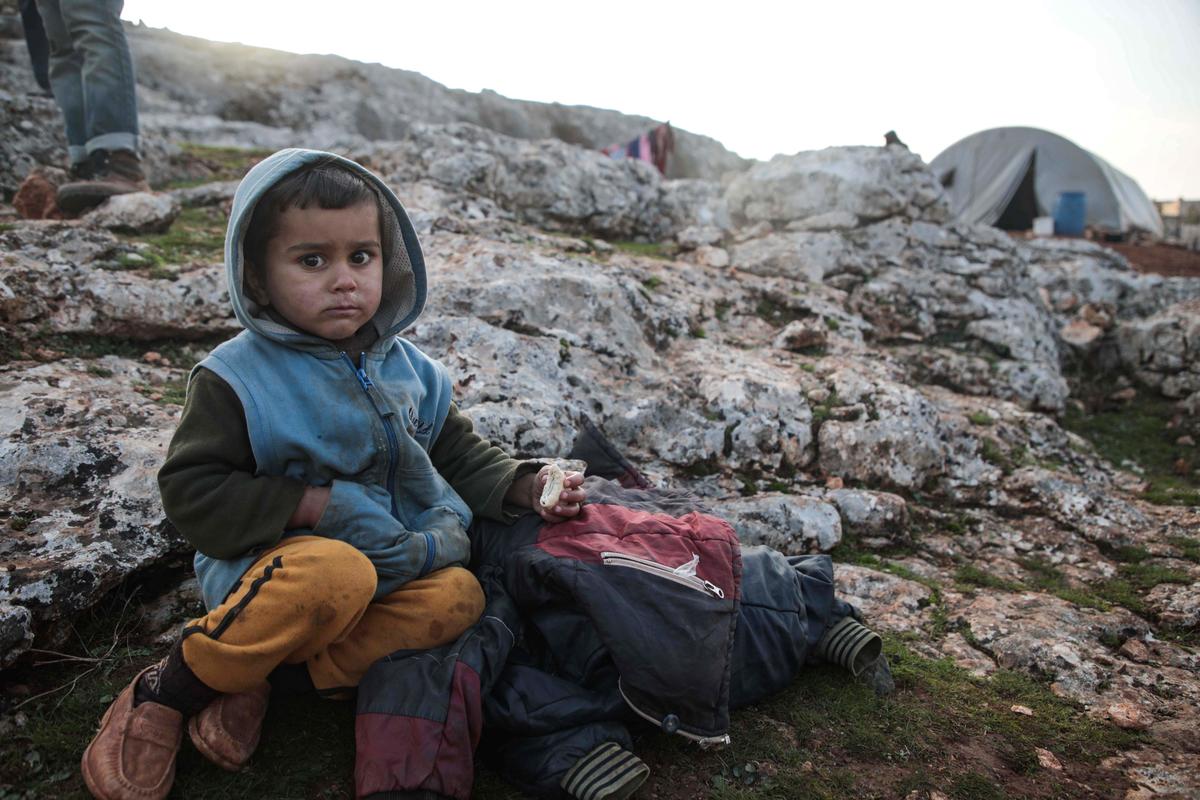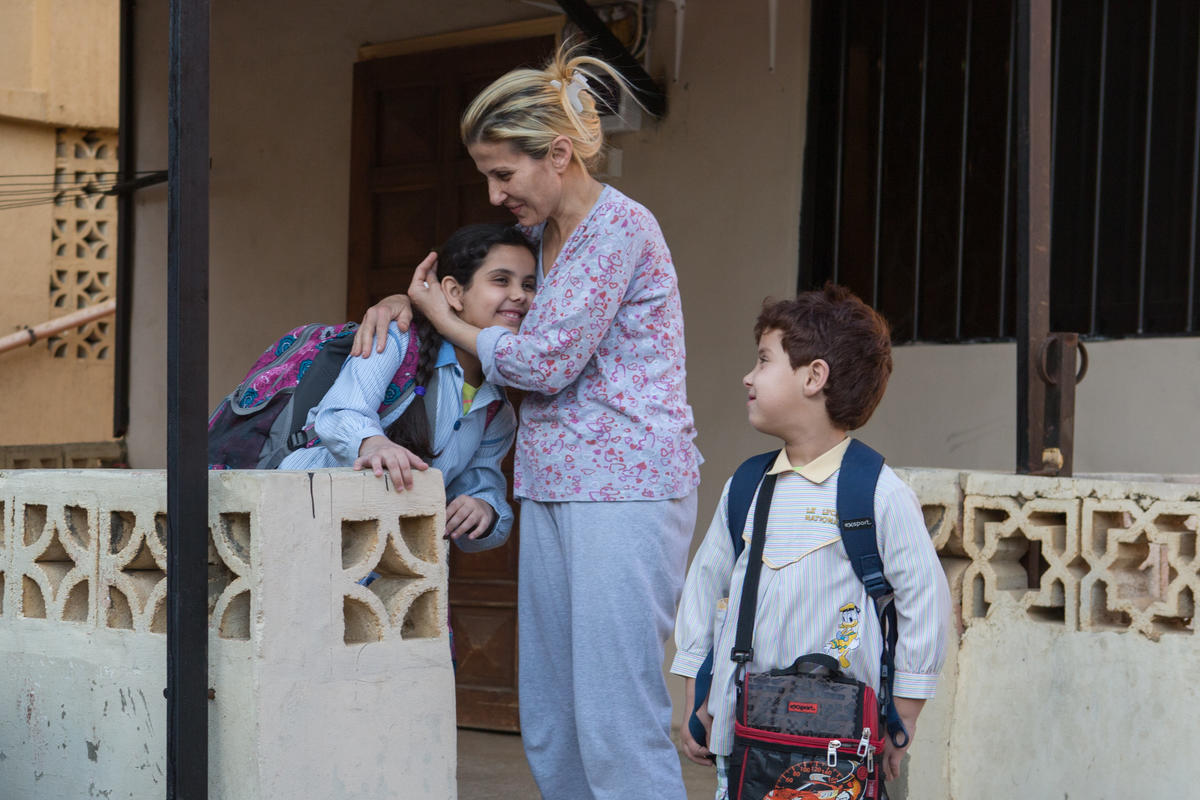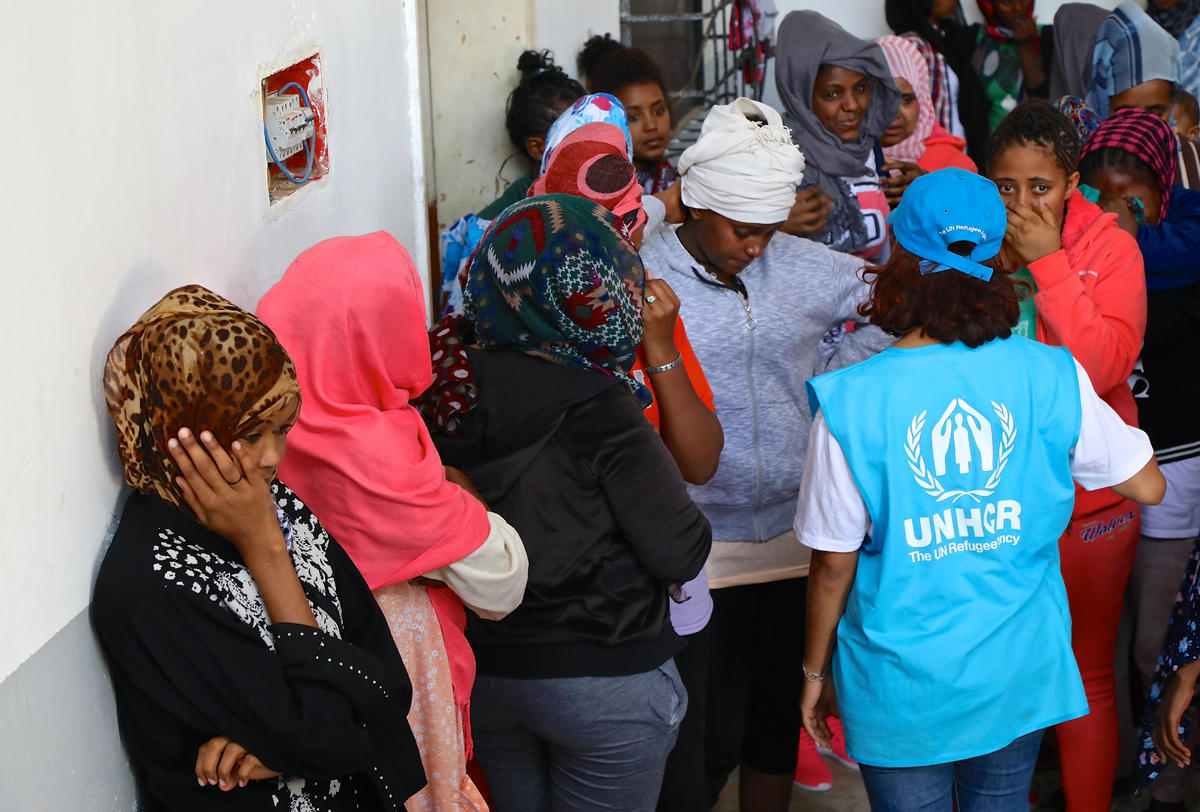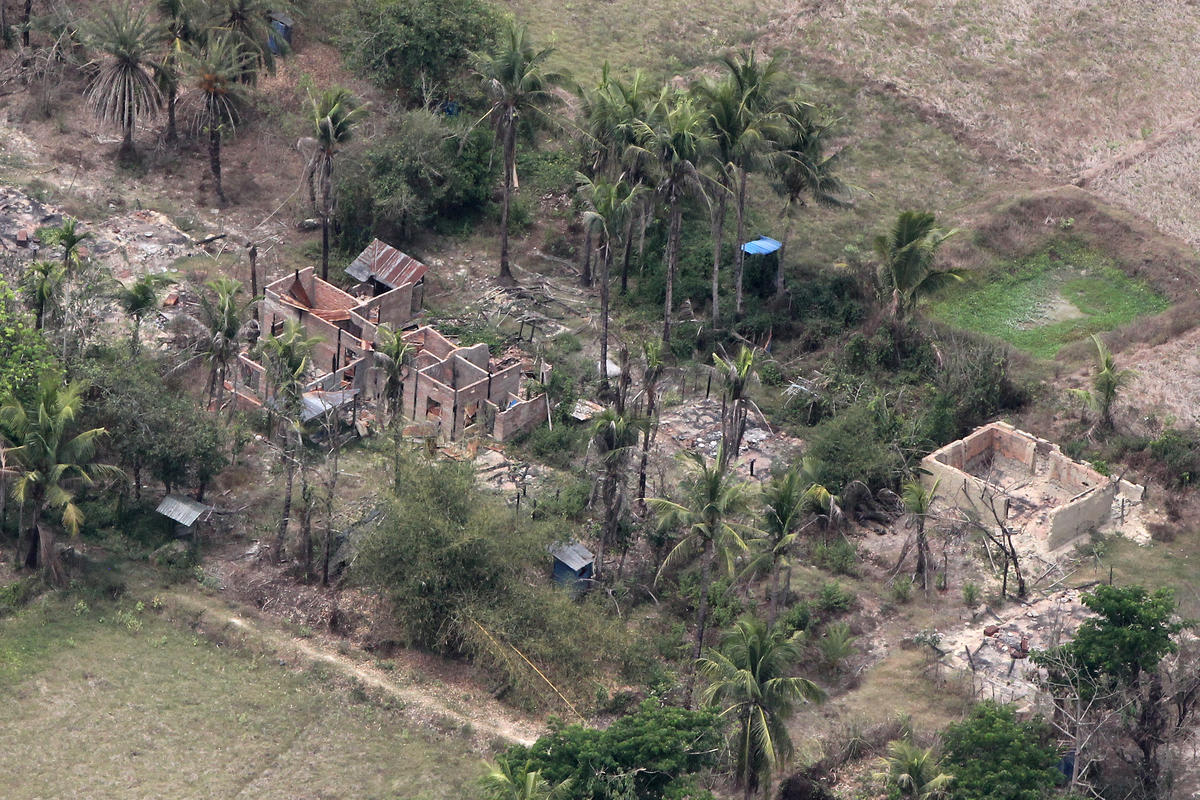UNHCR urges Kyrgyzstan to stop security forces deporting Uzbeks
UNHCR urges Kyrgyzstan to stop security forces deporting Uzbeks

GENEVA, June 10 (UNHCR) - The UN refugee agency has expressed shock at the deportation of four Uzbek men from Kyrgyzstan and urged the Kyrgyz authorities to halt further deportations of Uzbek asylum seekers until they have gone through proper procedures to determine whether or not they are refugees under the 1951 UN Refugee Convention.
The four men - Dilshod Hadjiev, Tavakal Hadjiev, Abdubais (Hasan) Shakirov and Muhammad Kadyrov - were sent home yesterday and are now presumably in the custody of the Uzbek authorities. The deportees had been among hundreds of people who fled Uzbekistan amid the eruption of violence in Andijan on May 13.
"This is a direct violation of an agreement UNHCR had reached with the Kyrgyz government that no one would be forcibly returned unless they had been determined not to be a refugee after going through an asylum procedure," UNHCR spokeswoman Jennifer Pagonis told reporters in Geneva on Friday.
She noted that if the four men were indeed refugees instead of "criminals" as repeatedly alleged by the Uzbek authorities, then their deportation would be considered refoulement, or forcible return of a refugee to his or her homeland. This is prohibited under the 1951 Convention, to which Kyrgyzstan is a signatory. It is also specifically prohibited under Kyrgyz national law.
Any evidence that they were common criminals rather than refugees fleeing persecution for their political or religious beliefs - or other grounds defined by the 1951 Convention - would need to be examined extremely carefully before they could be excluded from refugee status and returned to their home country.
"There had also been an agreement with the Kyrgyz authorities that UNHCR, which has an emergency team on the spot, would continue to have full access to these individuals during their detention," said Pagonis.
Another 12 men remain under arrest in the Kyrgyz town of Jalalabad, a few kilometres from the border with Uzbekistan, after being removed by Kyrgyz security forces from the new Sasyk camp to which they had been relocated only last weekend. The four deported men were also moved initially to Jalalabad, where UNHCR staff attempted to get access to all 16 detainees yesterday afternoon, but were refused permission by the National Security Force. After 24 hours, UNHCR staff were finally given access today around noon local time to the remaining 12 in the Jalalabad detention centre. They appeared very shocked, but otherwise in good health.
The UN refugee agency has issued an urgent appeal to the Kyrgyz government to cease all further deportations of Uzbek asylum seekers until a proper procedure has been carried out to see whether or not they are refugees under the 1951 UN Refugee Convention. They cannot be deported if they are refugees.
"We welcome a strong statement earlier this morning by the Kyrgyz Acting First Vice Prime Minister Felix Kulov condemning the deportations. Mr. Kulov also said there would be an investigation and that any state security officials who had acted improperly or illegally would be brought to justice," noted the UNHCR spokeswoman.
The deported and detained men were part of a group of some 470 Uzbeks who were transferred from Barash temporary camp near the Uzbek border to Sasyk camp last weekend. In theory, the asylum seekers should have been much safer at the new camp, which is further inland. However, it appears that the Uzbek authorities were still able to exert considerable pressure on the asylum seekers to return to Uzbekistan.
"As the week progressed, more and more of the asylum seekers' relatives came to visit them in Sasyk camp and urge them to return home," said Pagonis. "They were clearly not acting entirely of their own free will, and these visits became increasingly emotional and problematic."









